by MK
All photographs courtesy of Keiron Mayora
We interviewed Alberto Polojac, the heart and mind behind Bloom Coffee School who gave us an in-depth analysis of the coffee world, what to look for in your coffee and what you should know before ordering one at the bar.
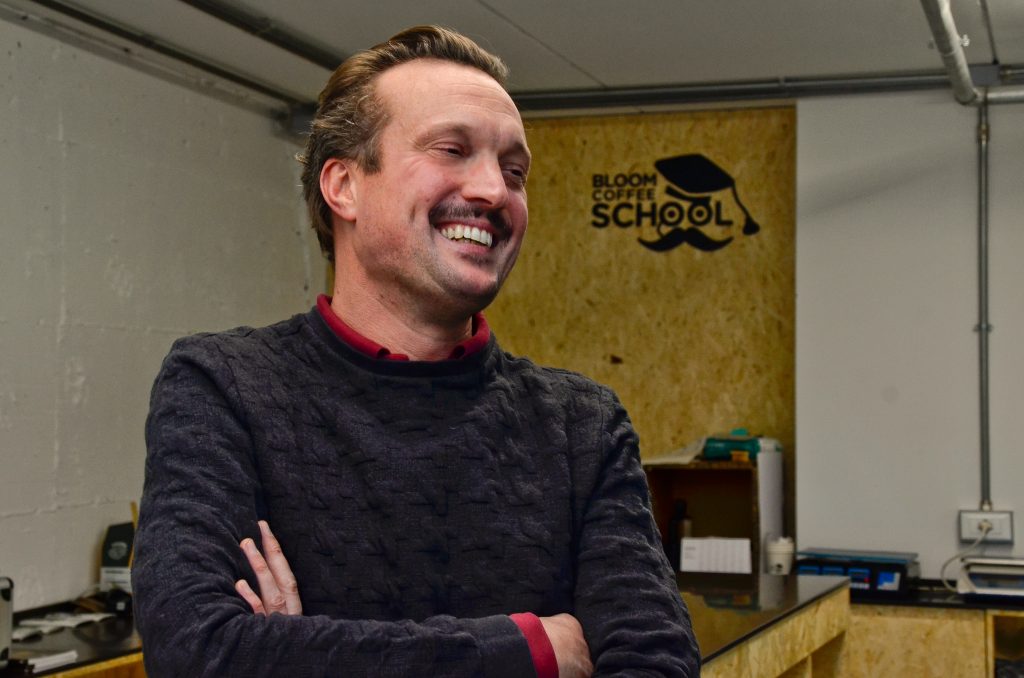
Bloom coffee- is that somehow related to Joyce?
Alberto: Yes. It goes back to when I didn’t know whether I wanted to join my family’s business and traveled the world like Ulysses to find his Penelope. I traveled only to rediscover my passion for coffee.
What’s your family business?
My grandpa opened the Imperator coffee back in 1950s. It’s an institution and has been around for years.
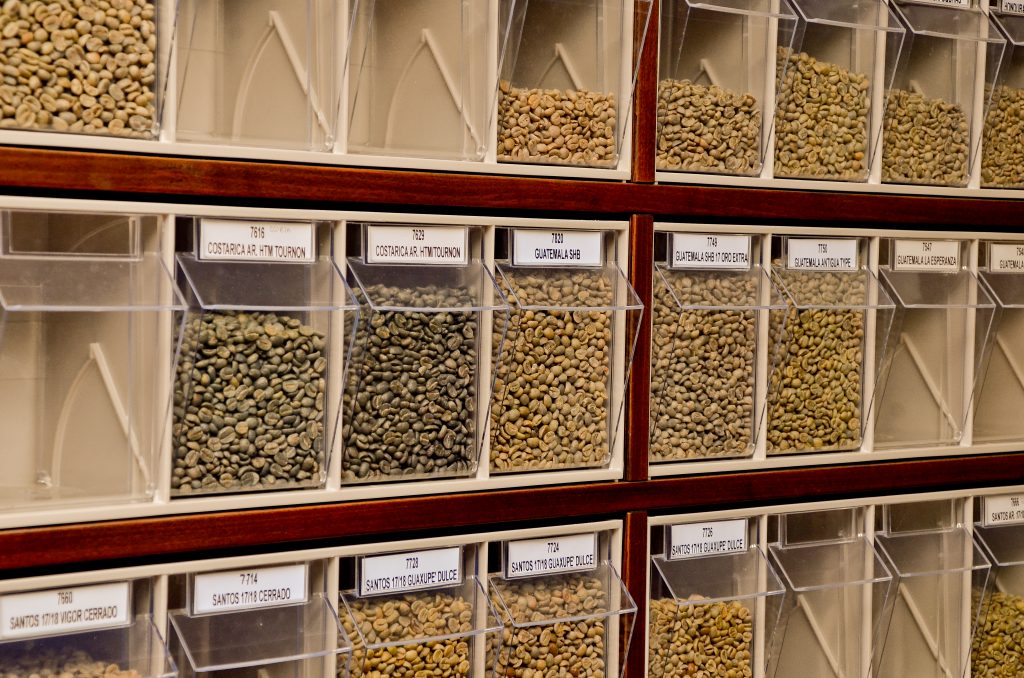
How did you come up with “Bloom Coffee”?
I remember on night I couldn’t sleep, probably because of too much caffeine (laughs, -ed.). I knew I wanted to have my own business and I knew I wanted to talk about coffee in an easy way, something I couldn’t do at the Imperator. So a name “bloom” came up. One of the coffee phases is called “bloom” and I connected it to James Joyce’s Ulysses. I love teaching, so the school was born.
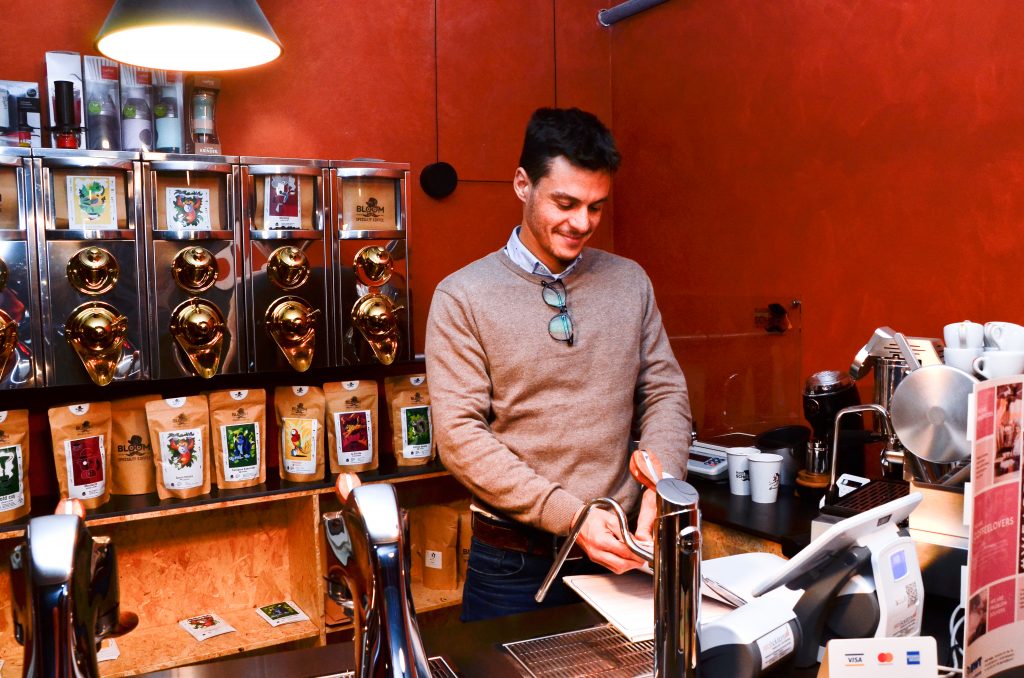
What’s specialty coffee exactly?
It’s what “normal” coffee should be. In a nutshell, it’s coffee without defects, fresh and clean. Unfortunately, it’s almost never the coffee we drink at home or at the bar. Contrary to what you think you know, coffee is not just coffee. It’s not all grown the same way neither is it roasted or brewed or even drank the same way. And specialty coffee has been the one making the newest waves.
Really?
Yes, there’s very little awareness of the real coffee should be like. Usually you consume coffee because of the caffeine, and take it as a medicine for the aftermath.
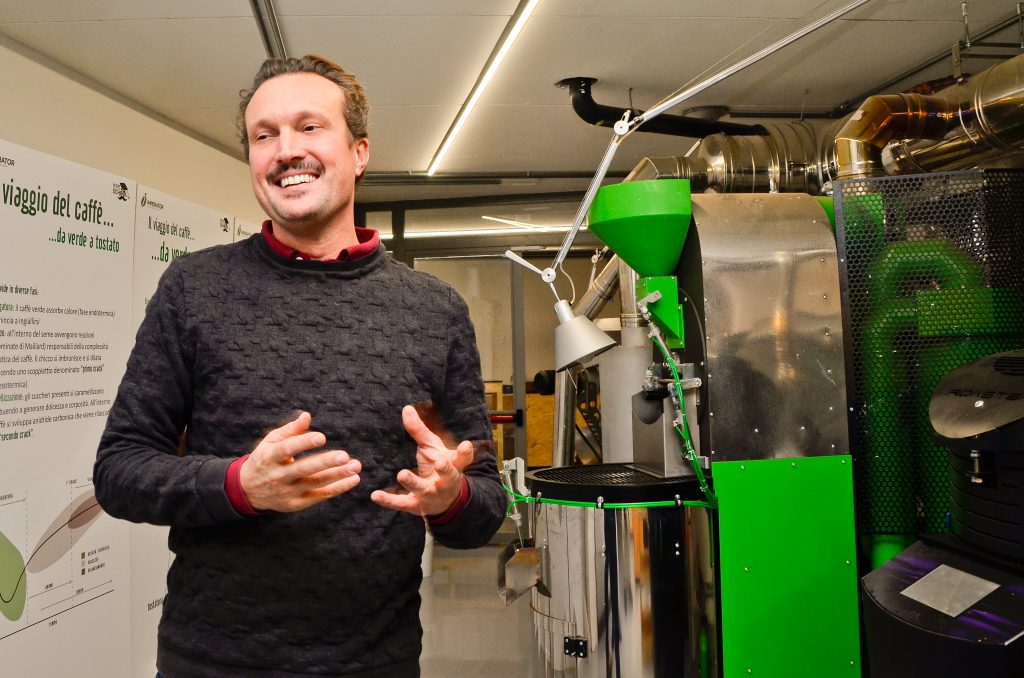
As opposed to pleasure.
Exactly. Most people don’t drink coffee for the sensory experience. Italy is one of the few countries in the world where coffee costs only 1 euro at the bar.
Why?
It has to do with awareness. It used to be the same in France, but nowadays in Paris you can find 30 specialty coffee shops. In Rome, there are only 3. I talk a lot about this in my blog.
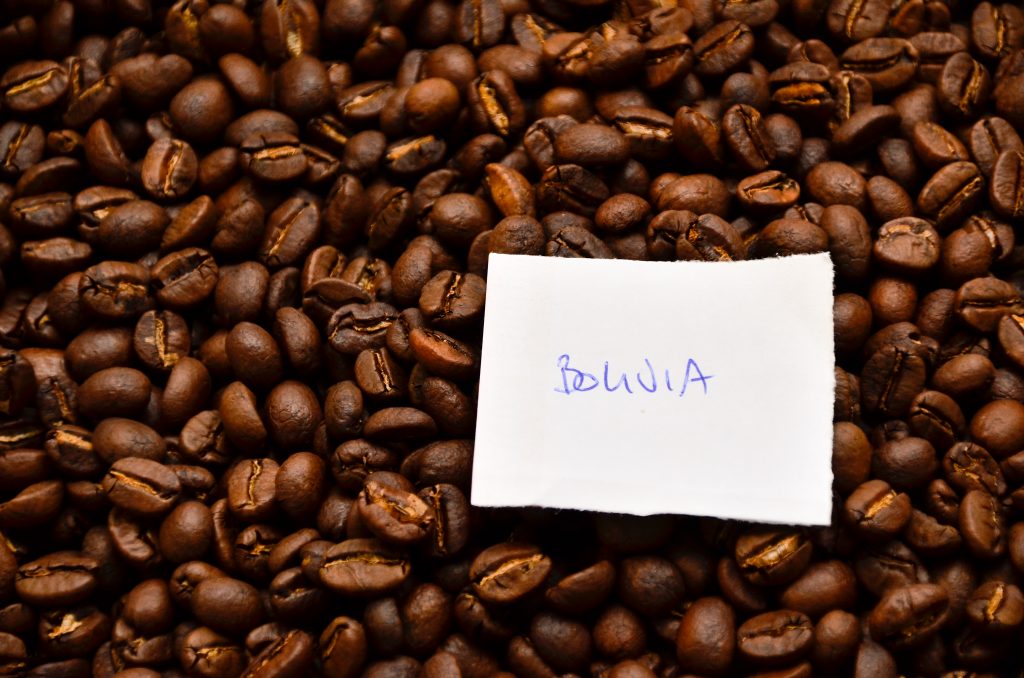
What does the specialty coffee taste like? How will I know if I’m drinking it?
There are courses for that (laughs, -ed.). Coffee should taste like coffee. But coffee also tastes like fruit, like apricot. There’re hundreds of Arabica types. When someone says “it’s a 100% Arabica” it’s like saying “it’s white wine”. It means nothing. But wine has thousands of years of consumption as opposed to coffee- the espresso machine was created only 100 years ago.
Interesting.
Specialty coffee always has to have a complete description. In shops they tell you “it’s a blend of Arabica and Robusta”. In a wine shop it translates to, “it’s red wine”. Specialty coffee has all the information: name of the producer, altitude, sensory attributes and so on.
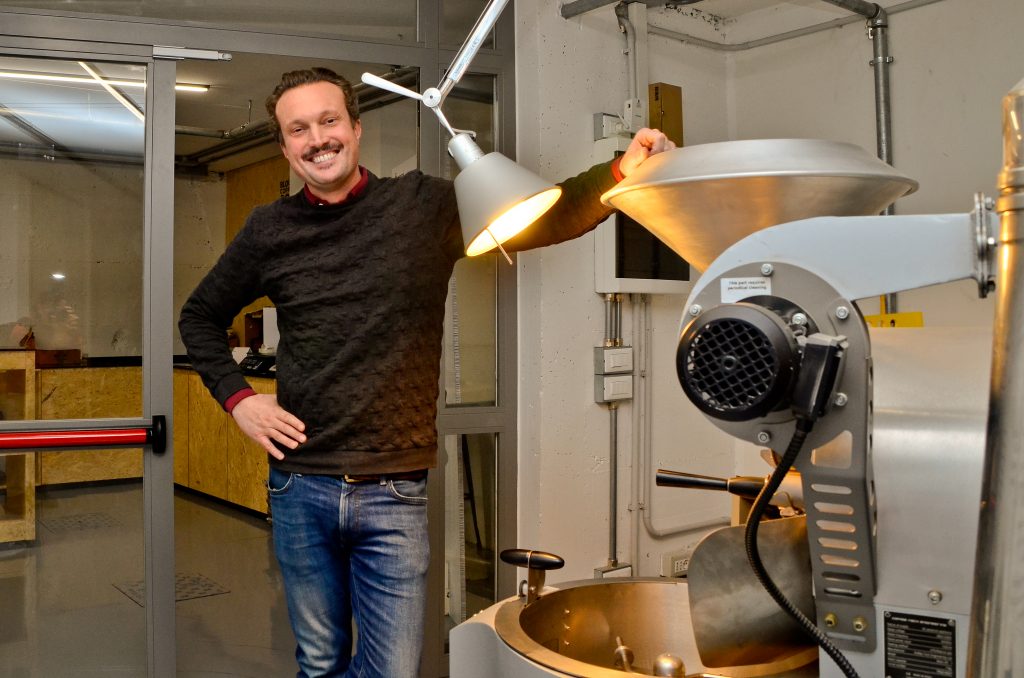
Why isn’t the country like Italy talking more about specialty coffee?
There’s no awareness, it’s in the culture. You drink coffee in the morning but you don’t know what you’re drinking. You probably know more about your milk thank your coffee.
Yet Trieste is the city of coffee.
Yes, but it lacks a specialty coffee shop.
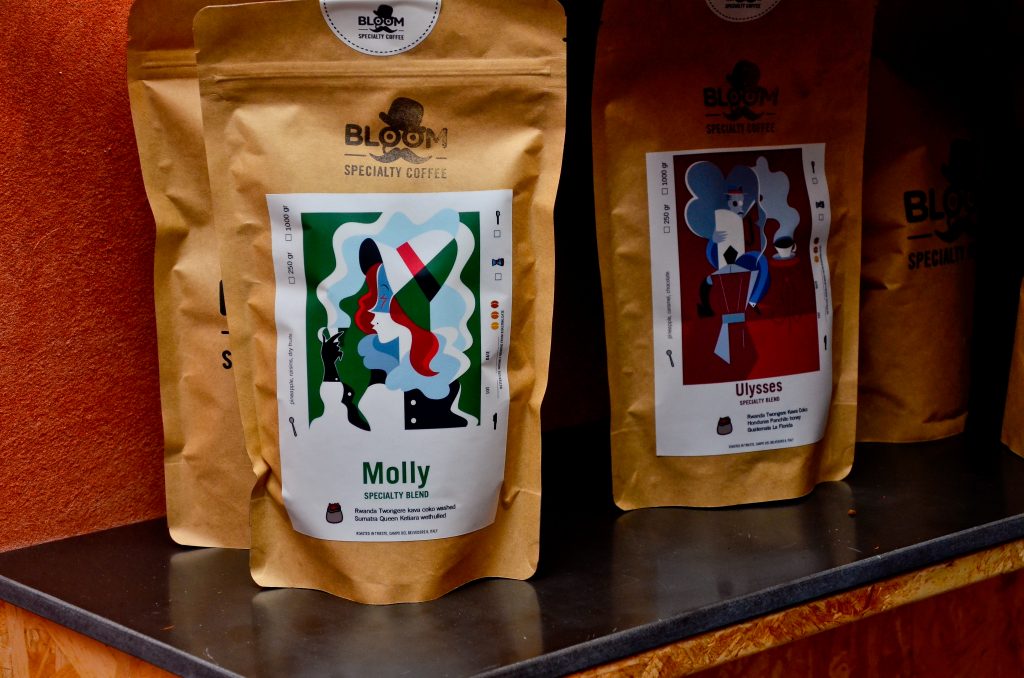
Is it in the works?
Absolutely. My dream is to open a specialty coffee shop in the city center.
In the meantime you opened Bloom Coffee School.
Yes, I opened it to develop awareness in professionals as well as just regular people who love coffee. We are now organizing trips to tropical countries where coffee is cultivated. We sometimes go to Brazil and Colombia. That’s a very important step that creates awareness in a customer. In other products, like wine, you can see vineyards everywhere. But it’s not the same for coffee.
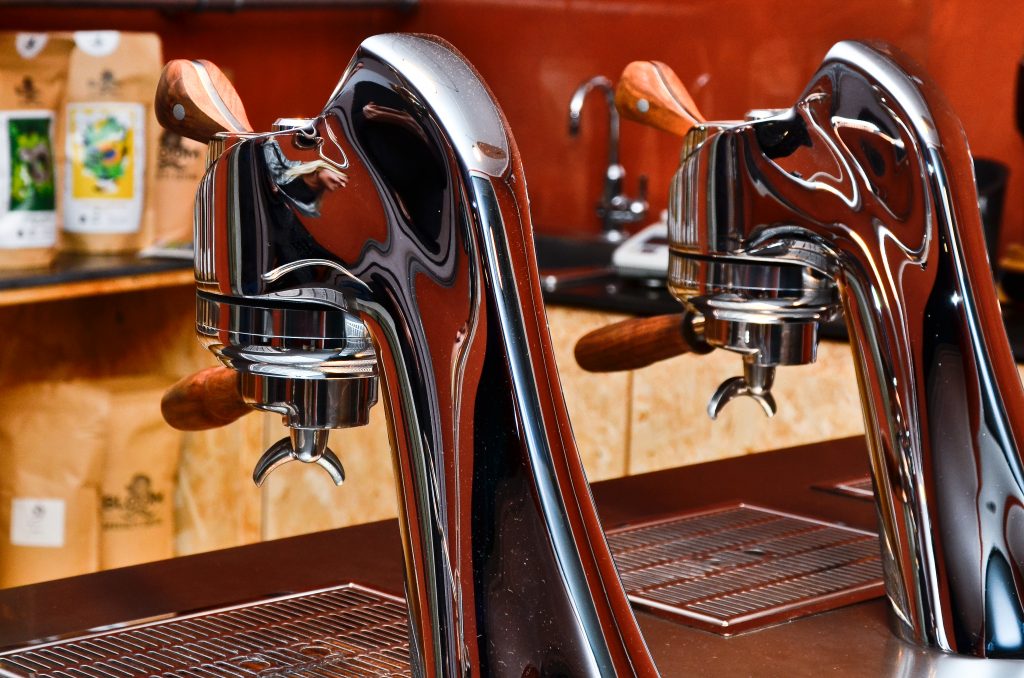
What are your courses like?
Together with the Specialty Coffee association, we created modules from green coffee to espresso preparation, roasting classes, sensory analysis and brewing (everything that is not espresso – how coffee is consumed throughout the world).
Can students sign up for any module?
It depends on the student’s experience. For each of the 5 modules, there are 3 different levels – foundation (for beginners), intermediate (you have to have some experience to take this 2 day course) and there’s the professional module which lasts a few days and gives you a professional level of knowledge.
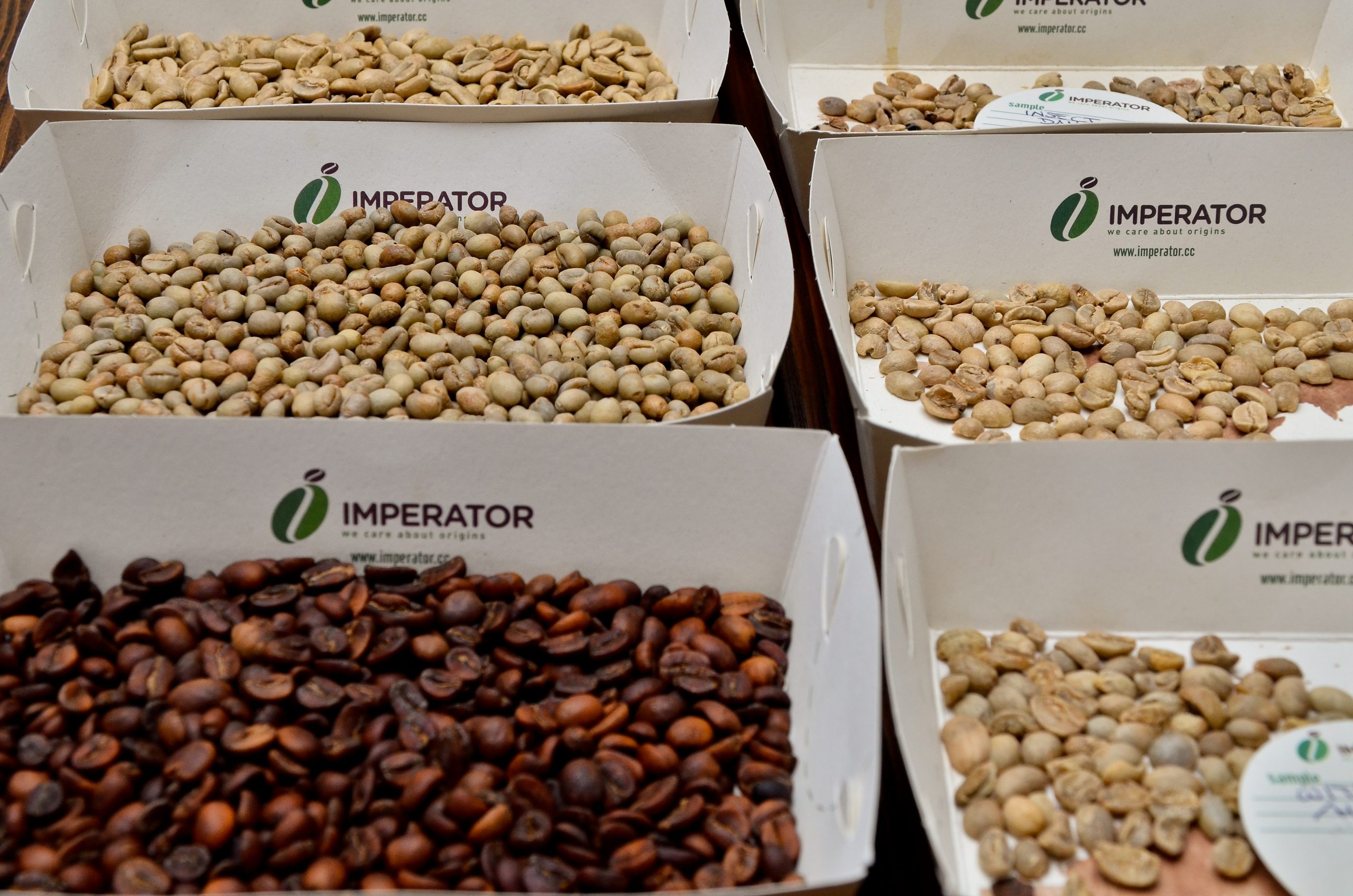
Great!
We also run custom-made education programs, or standard barista modules for Italian baristas who want to know how to prepare a right espresso or a cappuccino.
How can students sign up for your courses?
On our website. Most of our classes are held in English. It could be a great Christmas present.
True. Do you ever drink coffee at the bar?
Very seldom. Just like with everything else, when you get used to good coffee you can’t really go back.
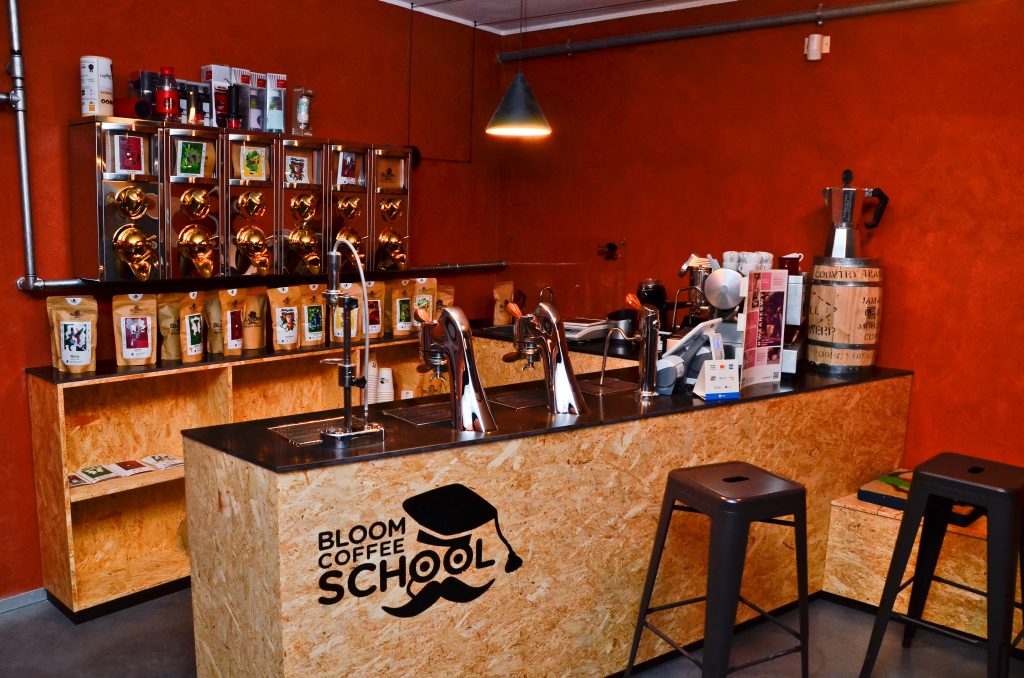
What should one look for at a bar before ordering a cup coffee?
Always look at the coffee machine- it has to be spotless and tidy. Stay away from coffee shops that don’t know what coffee they’re serving. Saying “Arabica” or “Robusta” is like saying I have a “Fiat” car, but what kind of a Fiat car?
Is there a brand you like?
No, I drink specialty coffee only. For example, our Bloom coffee.
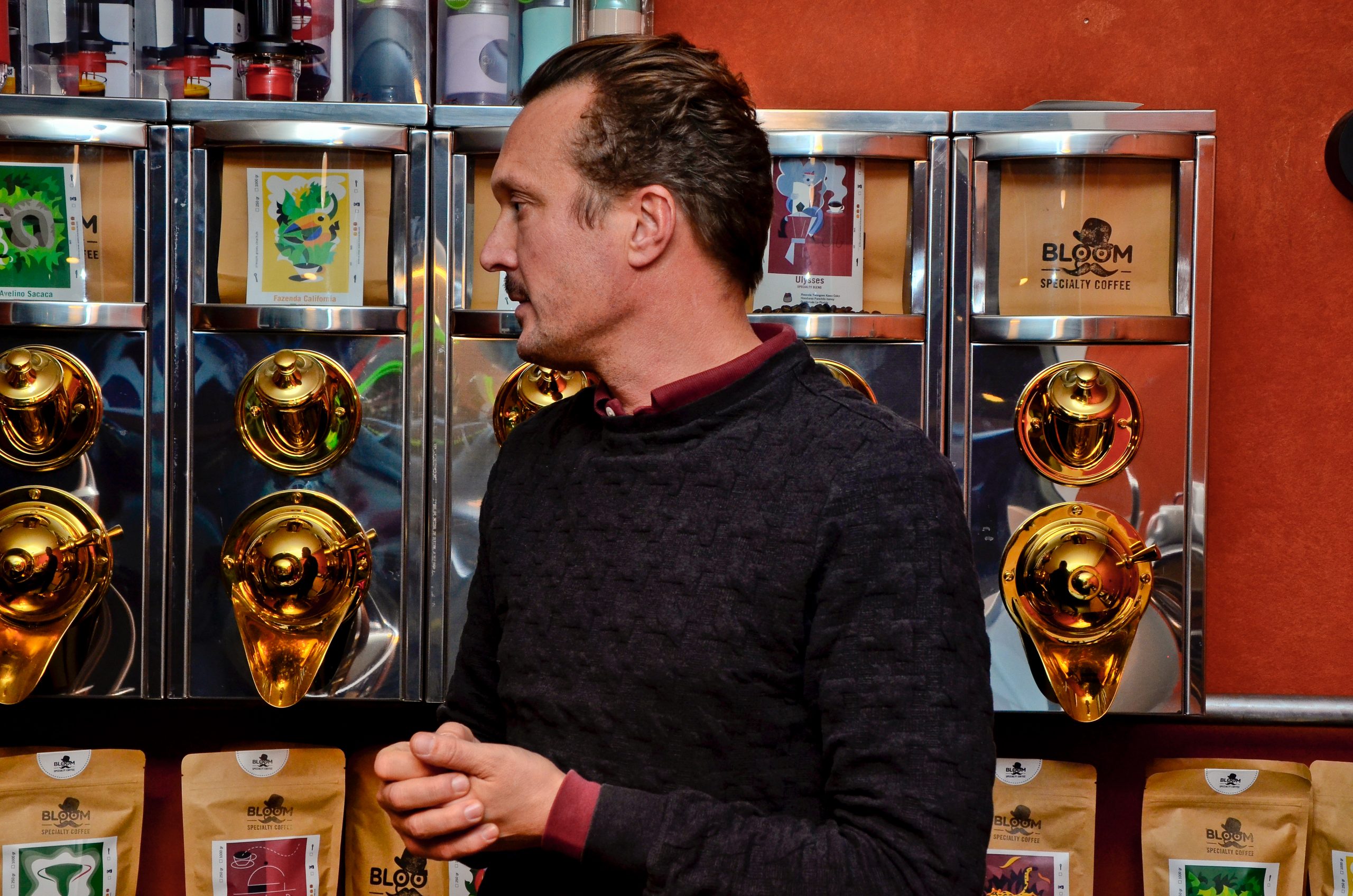
How can one buy Bloom coffee?
You can come to our school here in via Udine or send us an email to make an appointment. You’ll tell us what you like and we’ll give you the coffee blend that matches your taste.
What’s the future of the specialty coffee?
Eventually, specialty coffee shops will be everywhere and it will be like ordering wine – you know the producer you like and the year of your favorite white wine. The same will happen with coffee – you’ll know exactly what to order.

























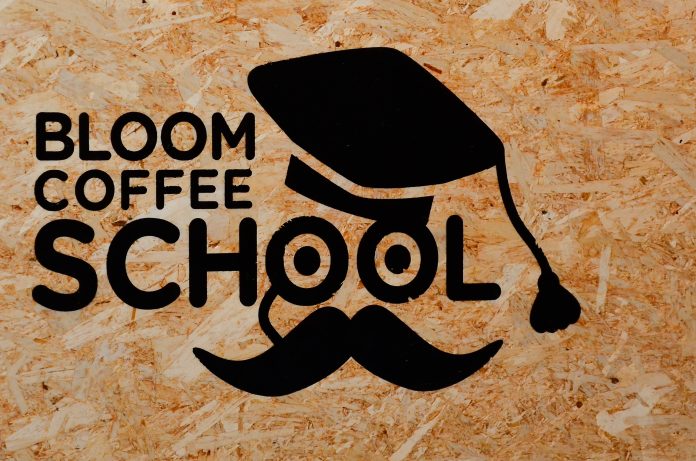




[…] Bloom Coffee School: The Art of Specialty Coffee From Bean … […]